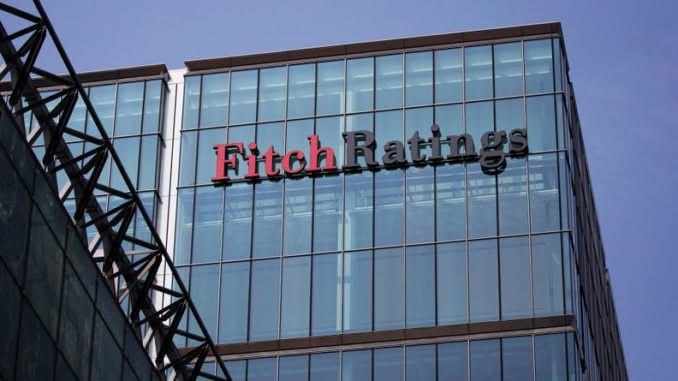Fitch Ratings has upgraded Nigeria’s Long-Term Foreign-Currency Issuer Default Rating (IDR) to ‘B’ from ‘B-’, assigning a Stable Outlook, in a move that reflects growing confidence in the country’s recent wave of economic reforms.
In a commentary issued late Friday, the global ratings agency highlighted Nigeria’s significant shift toward orthodox economic policies since June 2023, including the liberalisation of the exchange rate, tighter monetary policy, efforts to curb deficit monetisation, and the removal of costly fuel subsidies.
“The upgrade reflects increased confidence in the government’s broad commitment to policy reforms,” Fitch stated, adding that these measures have already begun to improve the functioning of the foreign exchange (FX) market and curb inflation, albeit inflation remains higher than that of comparable rated peers.
Fitch also pointed to Nigeria’s push for greater FX market transparency. The Central Bank of Nigeria’s recent introduction of an electronic FX matching platform and a new FX code has enhanced transparency and efficiency. This, combined with monetary tightening, has driven a notable rise in FX liquidity and brought stability to the market, following a sharp 40 per cent depreciation of the naira earlier in 2024.
“Net official FX inflows through the CBN and autonomous sources rose by about 89 per cent in Q4 2024, compared to an 8 per cent increase in the same period a year earlier,” the agency said. Despite this progress, Fitch anticipates a “modest depreciation” of the naira in the short term.
On Nigeria’s trade relations with the United States, Fitch downplayed the likely impact of a recent 14 per cent US tariff on Nigerian exports. The agency noted that oil-related exports—which are exempt from the tariff—make up about 92 per cent of Nigeria’s total exports to the US and nearly two per cent of GDP.
“Fitch expects the impact of US tariffs on Nigeria’s trade position with the US to be limited,” the report said, adding that falling oil prices remain a more serious threat to external buffers and fiscal health. Still, the agency believes Nigeria’s evolving policy framework puts it in a stronger position to absorb economic shocks.
The upgrade marks a notable vote of confidence in Nigeria’s economic trajectory, as the government continues its push to stabilise the economy, attract foreign investment, and build more sustainable growth momentum.

